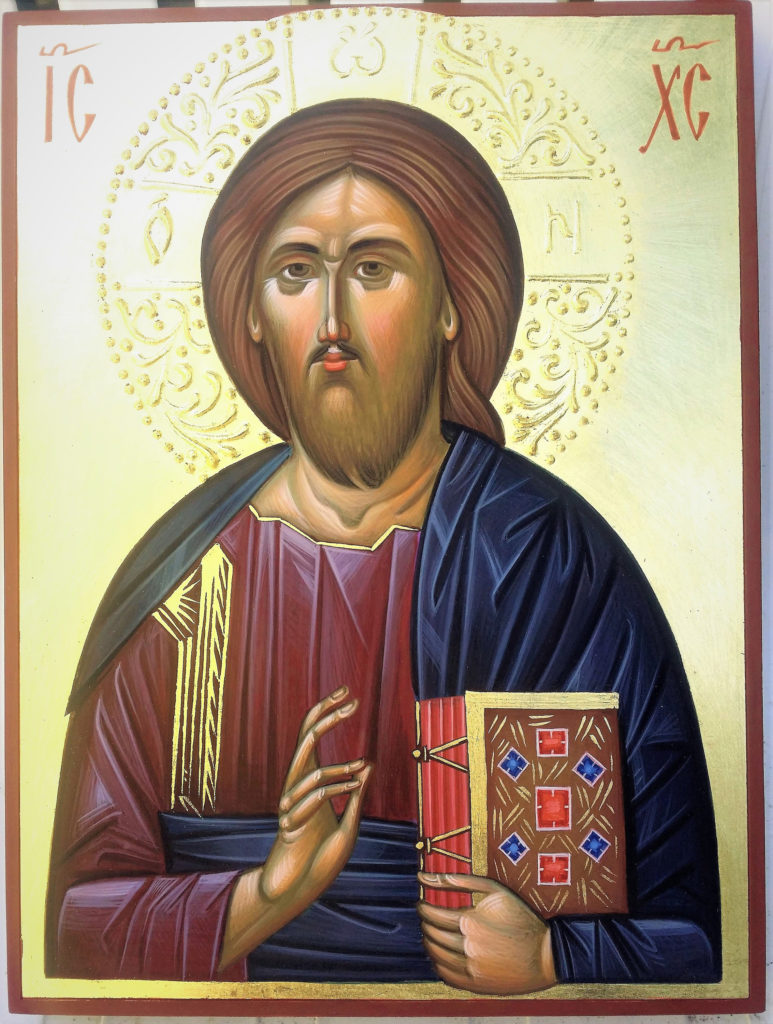
A lot of people brag about believing in a “big God,” but what I’ve found is that mostly they’re bragging about their own theological box which is only slightly larger than the next person’s box. People have a tendency to be afraid of a God who won’t fit into some kind of box, whether it be a Catholic box, a Baptist box, or some prosperity/faux faith box. I tend to think that we’re afraid that without a box, God is just uncontrollable.
Yep. That’s the God I’m looking for. It’s like that old “if you love something set it free” thing–if you really have faith in God, let him out of your box and just find out who he is. Perhaps his rules aren’t your rules. Maybe he’ll save someone you won’t let in to your particular group. What if there’s no rapture…or hell? What if no one gets left behind?
Perhaps God–whoever he turns out to be–doesn’t need or want you to defend him. Perhaps the Bible is fine the way it is, without the need for apologetics to try to make sense of it. But perhaps Calvin was right and God is full of wrath and trapped by his own attribute of justness.
I sure hope not–I’m counting on grace, a whole lot.
You see, I wonder about a lot of things, and ask a lot of questions. It helps that many of the early church fathers thought about the same things. So if I figure I’m in good company, however it works out. Mostly now, I’m wondering just how big God really is.




